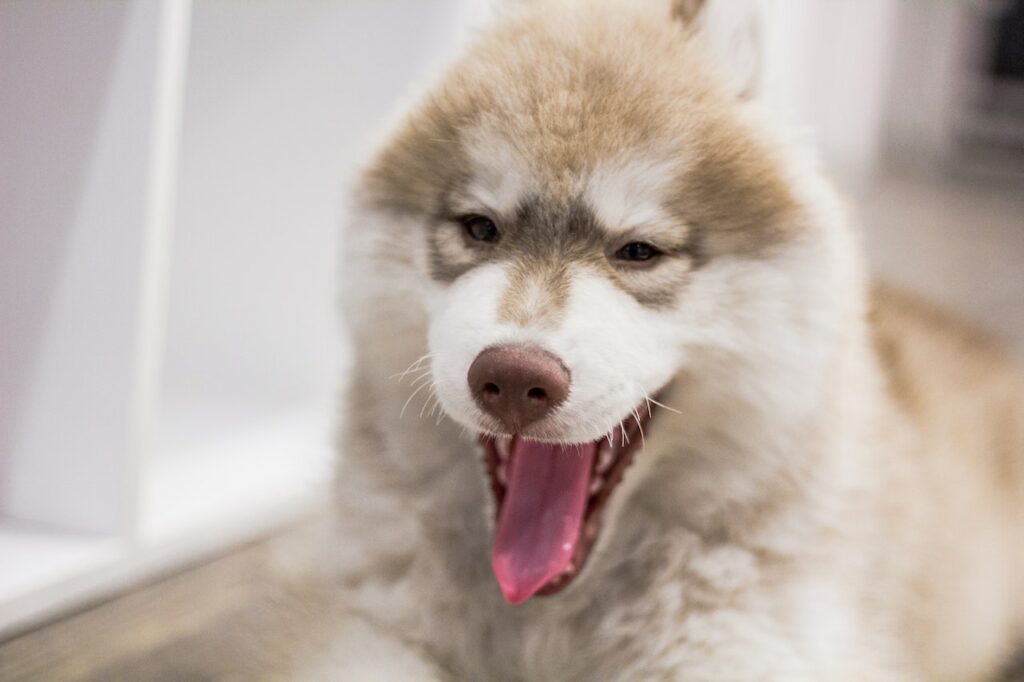Did you know that zinc deficiency is a common issue in huskies? This problem can cause a variety of health problems for your dog, so it’s important to be aware of the symptoms and treatment options.
In this blog post, we will discuss the causes, symptoms, and treatment options for zinc deficiency in huskies.
Why is Zinc Essential for Dogs?
Zinc is an essential mineral for all dogs, and huskies are no exception. This mineral plays a vital role in many different bodily functions, including the metabolism, immune system, and skin health.
Unfortunately, zinc deficiency is relatively common in huskies. There are a few different reasons for this.
Causes of Zinc Deficiency in Huskies
While all dogs can experience problems with zinc deficiency, Huskies and Malamutes are more prone to encountering these problems. It is still not fully understood why, but one theory suggests they have a genetic inability to absorb zinc as well as other dogs.
Zinc is an essential mineral for huskies, and a zinc deficiency can cause a number of health problems. One of the most common causes of zinc deficiency is inadequate diets.
Huskies need a diet that is high in protein and fat, and low in carbohydrates. Many commercial dog foods are not designed with this nutritional balance in mind, and as a result, huskies often do not get enough zinc from their food.
Another cause of zinc deficiency is poor absorption. Huskies with gastrointestinal problems or who are taking certain medications may have difficulty absorbing zinc from their food.
Finally, some huskies may be genetically predisposed to zinc deficiency. If you suspect that your husky is suffering from a zinc deficiency, talk to your veterinarian about the best way to provide them with the nutrients they need.
Symptoms of Zinc Deficiency
Symptoms of zinc deficiency in huskies can vary depending on how severe the deficiency is.
Some of the most common symptoms include hair loss, skin problems, open and crusted lesions around the mouth and eyes, and a poor appetite. If zinc deficiency is left untreated, it can lead to more serious health problems like growth problems, immune issues, and even death.
Treating Zinc Deficiency in Huskies
Fortunately, zinc deficiency is relatively easy to treat.
The most important thing is to make sure your husky is getting enough zinc in their diet. This can be done by feeding them zinc-rich foods.
Zinc is found in meat, poultry, and fish, so huskies who are fed a vegetarian diet or who do not eat enough meat are at risk for deficiency.
One of the best sources of zinc for dogs is Kangaroo meat. your dog can have this as raw food, or as whole-food dehydrated kangaroo treats. Both of these retain high levels of nutrients and minerals.
If you think your husky may be zinc deficient, we always suggest talking to your vet about the best treatment options, and would recommend questioning the suitability of kangaroo meat.
At the end of the day, zinc deficiency is a serious condition that can have a major impact on your husky’s health. However, with a proper diet, it is generally quite easy to to treat the condition so that your husky can continue living a happy, healthy, active lifestyle.



